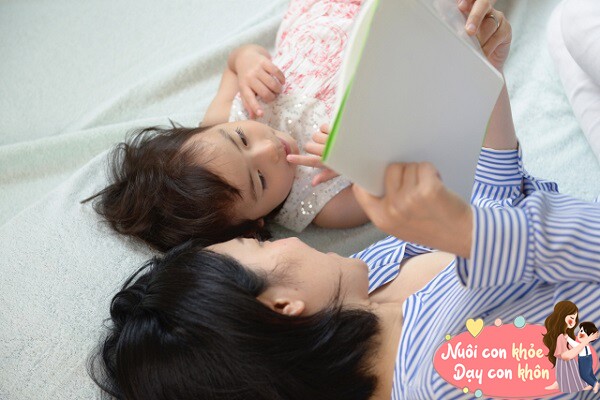

Emotional Regulation Differences
Children who co-sleep with their mothers from a young age often develop a sense of warmth and security in their mother’s embrace. This closeness is more than just a daily habit; it is a profound psychological experience that helps children build trust in their mothers, thereby enhancing their sense of security.
When held by their mother, children can feel the beat of her heart, the gentle sound of her breath, and the soothing touch of her hand. These elements combine to create a peaceful space where children can relax and feel loved.
This sense of security lays the foundation for emotional development, enabling children to better cope with life’s challenges and pressures.
When faced with anxiety, fear, or uncertainty, this sense of security acts as a solid anchor, providing courage and strength to overcome adversity. With their mother’s support, children learn to manage their emotions more effectively, leading to positive reactions when confronted with stressful situations.
On the other hand, children who do not co-sleep with their mothers may lack this strong emotional bond. While they receive care and support in other ways, the absence of co-sleeping during infancy can make it challenging for them to regulate their emotions.
These children tend to feel less secure and trusted, leading to feelings of loneliness and helplessness when facing life’s challenges. When stressed, they may feel adrift and struggle to seek support from others.

Emotional regulation differences.

Intellectual Enlightenment Differences
The bedtime interactions between mother and child, such as storytelling and conversations, are invaluable for intellectual enlightenment.
These activities enrich imagination, enhance language expression, improve logical thinking, and broaden children’s knowledge and understanding. Through this warm communication, children are exposed to a wealth of information and knowledge, expanding their horizons and cognitive abilities.
Children who co-sleep with their mothers often relish this intimate time for intellectual enlightenment before falling asleep. The mother’s voice, breath, and touch become essential tools for the child to interpret the world. This multisensory stimulation aids in brain development and enhances intelligence.
Conversely, children who do not co-sleep with their mothers may miss out on this precious opportunity for intellectual enlightenment. While they acquire knowledge and information through other means, the absence of intimate bedtime communication with their mother may impact their intellectual development to some extent.

Intellectual development differences.

Independence Differences
Independence is a crucial skill for children to learn as they grow up. Those who have co-slept with their mothers since infancy may develop independence at a relatively slower pace. They are accustomed to falling asleep under their mother’s care and may feel uncomfortable facing the darkness and solitude independently.
On the other hand, children who do not co-sleep with their mothers learn to self-soothe and fall asleep independently at an early age. They tend to adapt more quickly to different routines and environments because they are used to solving problems on their own.
This independence sets them up for better academic performance and lays a solid foundation for their future careers.
Of course, it’s essential to recognize that each child is unique, and their development is influenced by numerous factors. Therefore, whether a child co-sleeps with their mother or not should not be the sole criterion for assessing their maturity.

Independence differences.
However, we should be aware of the potential impact of these two different sleeping arrangements on a child’s development and make choices that are appropriate for the specific circumstances of the child and family in real life.
For infants under three years old, it is recommended that they sleep close to their parents to provide a sense of security, care, and protection. At this age, children are highly sensitive and need the presence of adults to feel reassured. This closeness facilitates easier sleep and allows parents to monitor their child’s health and development at different stages.
When children are between three and five years old, parents can start teaching them to sleep in their own rooms and encouraging the development of independence. This is a crucial stage for fostering self-reliance and self-care skills.
Parents can begin by creating a cozy and comfortable sleeping space for their child, adorned with their favorite images or toys to foster a sense of attachment to their new sleeping environment.
Simultaneously, parents should also instill bedtime routines, such as preparing their bed, choosing a book to read before sleep, or engaging in relaxing activities to ease the transition to sleeping alone.
Parents with Foresight Equip Their Children with 3 Essential Skills: A 6-Month Investment with Lifelong Returns
Parents play a pivotal role in fostering their children’s development of three essential skills: confidence, self-reliance, and self-care. By nurturing these abilities from a young age, children will be equipped with the tools they need to navigate their academic journey with assurance and autonomy.








































